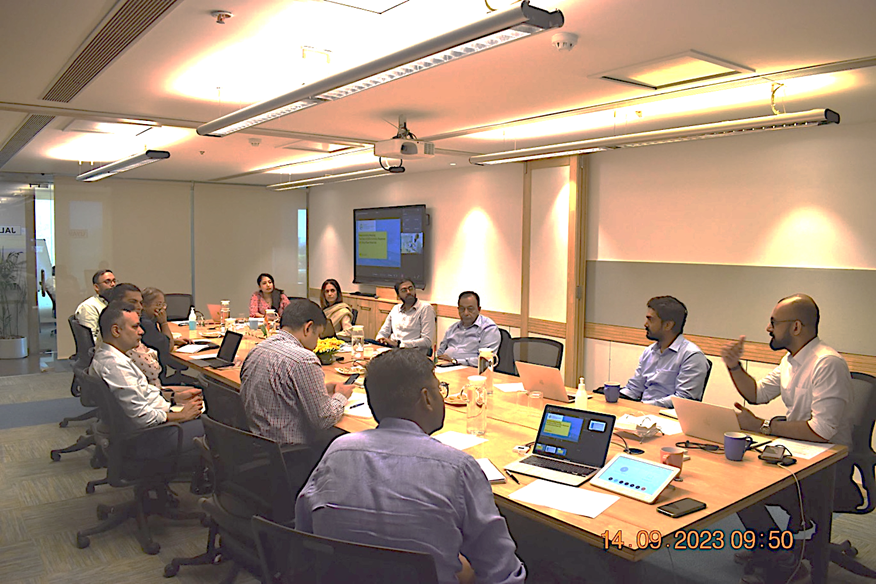
As the country collectively navigates the path to a sustainable net-zero emissions future, the role of Critical Raw Materials (CRMs) required for Low-Carbon Technologies becomes increasingly vital. From modern renewable energy systems like solar panels and wind turbines to electric vehicles, hydrogen electrolysers, and even older systems, like the grid, CRMs are the essential building blocks. However, their scarcity, uneven distribution, and potential environmental and social impacts pose complex challenges. At the heart of this issue lies the need for greater research and insights for effective and timely decision making, and the need for collaboration, innovation, and a shared vision among stakeholders.

Recently, Shakti Sustainable Energy Foundation convened a Brainstorming Meeting on ‘The role of CSOs in India’s response to Critical Raw Materials’. The meeting brought together a remarkable assembly of Civil Society Organisations (CSOs) leading the charge on CRMs. The purpose was clear: to unite, share progress, and importantly, to explore ways to amplify our collective impact in paving the way for a smooth net-zero transition for India.
The day began with an illuminating context setting speech by Koyel Kumar Mandal, Chief of Programmes, Shakti. It set the stage for what would be an inspiring and collaborative half-day meeting.
The first session on State of Play witnessed CSOs sharing their individual explorations, the outcomes they achieved, and their learnings from working on critical raw material. Moreover they shared recommended strategies for policy stakeholders that have emerged from their work.
Following this enlightening exchange was a spirited discussion on Gaps and Challenges. CSOs explored transformative strategies essential in light of recent developments and opportunities that can shape a secure energy and low-carbon future for India.
The session that followed, Civil Society and Philanthropy’s Potential delved deeper into the role of civil society in enhancing India’s response to CRM. Notable insights emerged on the ability of CSO efforts to objectively evaluate the costs and benefits of the various potentials strategies. Equally important was the role of CSOs in working across stakeholder interests, deepen international collaboration and importantly the role of reducing information asymmetry among the multitude of actors.
Finally, the convening culminated in a session on collaborative vision. Here participants discussed, areas of synergy, identified capacities that need nurturing within the CSO ecosystem, and explored potential strategies for collaboration that can enhance amplify our collective impact. Immediate needs, such as frequent exchange knowledge and learnings, mapping institutional interests and strengths within the ecosystem, and attracting fresh talent to work on CRMs were identified.

The convening was a successful gathering of CSOs, that yielded several insights, which we will be meticulously documenting in the coming days and deliberating on putting into action over the course of the next few months. The meeting was also a celebration of shared purpose, and a testament to the dedication of CSOs, and a commitment to advancing India’s net-zero transition. It was a reminder that by uniting our efforts, we can shape a more secure, cleaner and sustainable energy future for all.
If you would like to find out more, or collaborate on this novel initiative, please reach out to Vivek Chandran, Director of Climate Insights.
